The Birkbeck Institute for the Study of Antisemitism holds seminars, workshops and conferences for scholars, and lectures, discussions and film screenings that are open to everyone.
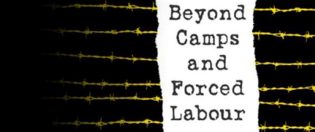
This conference brings together scholars from a variety of disciplines who are engaged in research on all groups of survivors of Nazi persecution, and who explore its aftermath in Europe and beyond. Papers and panels will consider issues of survival, rehabilitation, postwar trials and justice, and memory.
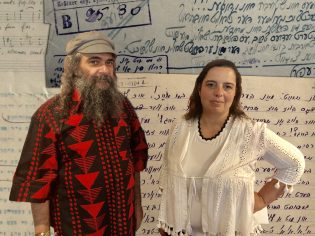
This lecture-concert brings back to life Yiddish songs, recently discovered in the Vernadsky Ukrainian National Library. Written by women, children and amateur soldiers, these songs tell the story of how Soviet Jews made sense of World War II as it unfolded.
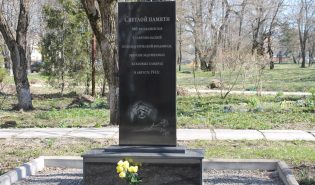
In this talk, Professor Schüler-Springorum will give an overview of the entanglements of antisemitism and racism that characterized National Socialism and which led to millions of victims – albeit from very different groups – all over German-dominated Europe. For a variety of reasons, these diverse victim groups have been remembered in different ways which now, in the second decade of the 21st century, have come under close scrutiny.
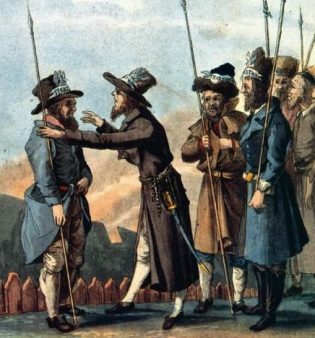
In the upheavals, wars, and revolutions that shaped Central and Eastern Europe in the long nineteenth century, Jews found themselves both as victims of violence and as active participants. Dr Jan Rybak analyses the recurring phenomenon of Jewish armed self-organisation and self-defence. Jews participated in the violent transformation of the region, fighting simultaneously for their own protection and their emancipation and to reshape the societies in which they lived.

In this lecture, Professor Subotic will explore the ways in which the memory of the Holocaust in post-communist Eastern Europe has been used to represent other types of historical crimes. Specifically, she will examine the extent to which this instrumentalization of Holocaust memory has fed the rise of nationalized, particularized, and populist remembrance practices, and has helped produce a crisis in Holocaust memory globally.
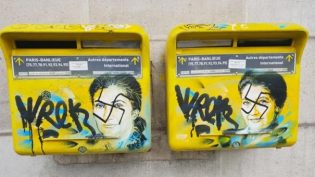
In this seminar, Nonna Mayer addresses the question whether “old” antisemitism in France has been replaced by the rise of new forms of prejudice emanating from the far left and from among Muslims, driven by hatred of Israel and Zionism.
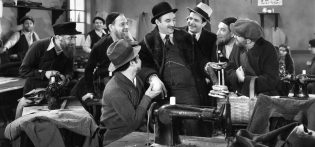
Based on the novel by Sholom Asch, and starring Maurice Schwartz, ‘Uncle Moses’ is a tale of urban poverty in the age of mass migration. The film has been fully restored by the National Center for Jewish Film, USA and will be shown with English subtitles. The screening will be followed by a discussion and Q&As.
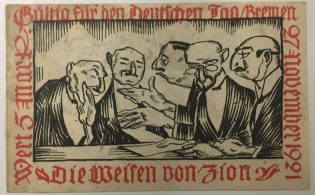
In this talk, Marc Volovici will discuss different ways in which Jewish writers and activists understood and responded to their political strategies and self-presentation in the public sphere and how it might be instrumentalized by antisemitic agitators. Volovici will also consider the relevance of the interwar debate to contemporary political debates on antisemitism and anti-antisemitism.
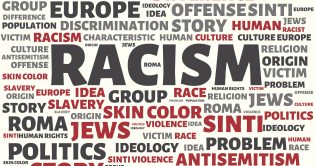
In this lecture, Ben Gidley proposes that an understanding of antisemitism can enrich anti-racist scholarship and a stronger dialogue with critical race scholarship will also enrich the study of antisemitism.
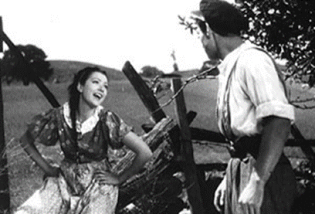
Grine Felder, (Edgar G. Ulmer & Jacob Ben-Ami, 1937), Ulmer’s soulful, open-air adaptation of Peretz Hirshbein’s classic play heralded the Golden Age of Yiddish cinema. It is a pastoral tale set in the Eastern European alte heym, but in fact filmed in New Jersey. The film will be shown with English subtitles.
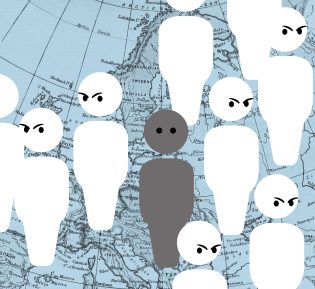
Refugees in Britain and elsewhere evoke fearful and harsh responses from governments and broad sections of the population. Leo Lucassen argues that this antipathy has deep roots in nineteenth and early twentieth century racial thought in the Atlantic world. And that far from being a new phenomenon, ‘replacement theory’ amounts to an old set of ideas in a new package.
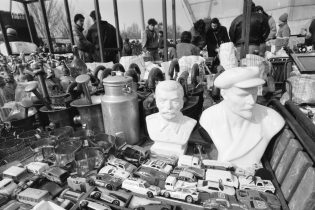
Andrea Pető considers how different illiberal governments and political parties are hijacking the memory politics of the Holocaust. She addresses three possible ways of conceiving this turn: namely, distortion, revisionism, and paradigm change.
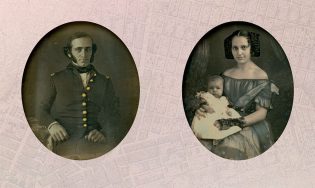
In this talk, Laura Leibman reveals how an early multiracial Jewish family who began their lives poor, Christian and enslaved in the Caribbean became some of the wealthiest Jews in New York. Their story mirrors that of the largely forgotten people of mixed African and Jewish ancestry and sheds new light on the fluidity of race in the first half of the nineteenth century.
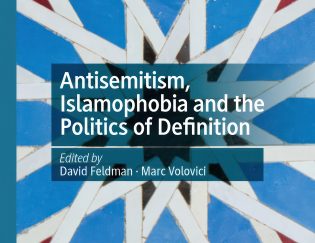
In this seminar, Marc Volovici and Rebecca Ruth Gould will consider the value and limits of definitions in confronting antisemitism and Islamophobia and the potential merits of alternative approaches.
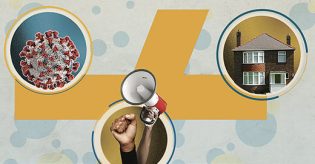
In a world awash with information, Nissa Finney asks, how do we untangle what Jewish identity means today? What can ‘big data’ tell us about Jewish experiences of discrimination? And what might (or might not) be distinctive about contemporary Jewish experiences of racism?
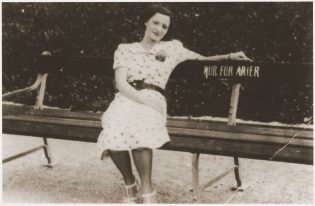
Professor Wolf Gruner tells the story of five Jewish people – a merchant, a homemaker, a real estate broker, and two teenagers – who bravely resisted persecution and defended themselves in Nazi Germany.
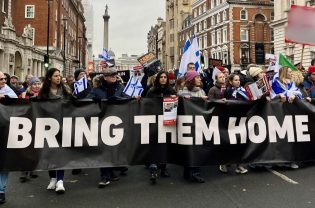
The massacre and hostage taking carried out by Hamas on the 7th October 2023 has provoked different reactions. In this seminar, Camila Bassi and Yair Wallach examine responses to anti-Jewish violence.
Image: Barbara Rich.
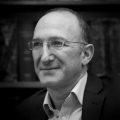
We build alliances to promote knowledge and share understanding, making our work ever-more relevant in a world threatened by populisms and conspiracy theories from the political left and right
Professor David Feldman, Director